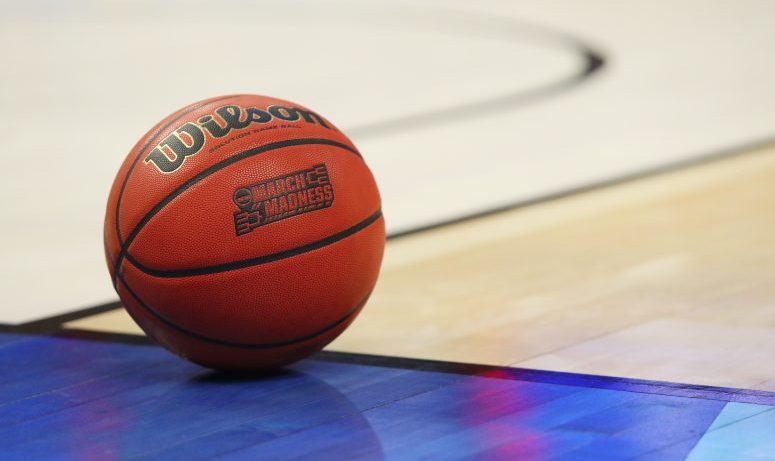Now that college athletes are allowed by the NCAA to make money from endorsements and other business arrangements, lawmakers on the Higher Education Committee plan to study up on how other states have addressed the issue as the panel considers whether Massachusetts should legislate guidelines of its own.
The committee heard testimony Tuesday from Rep. Steven Howitt of Seekonk and Sen. Barry Finegold of Andover, each of whom has filed legislation (H 1340/S 832) related to college athlete compensation and asked the committee to work with them and others to enshrine the new opportunities for student athletes into state law and to provide guidance for schools.
In October 2019, the NCAA’s board voted to drop its longstanding opposition to compensation for the use of an athlete’s name, image or likeness. At the start of this month, after a handful of states took matters into their own hands, the NCAA began to allow its college athletes to benefit financially.
Finegold used the example of a Tufts University student athlete who wants to sell uniforms with their name on the back so friends and family can support them at games.
“A month ago, they would be penalized and lose a scholarship. Now, they can actually make money for it,” he said. “And the colleges aren’t necessarily against that, they just need to know about rules.”
The NCAA said all of its athletes can now make money off of their name, image or likeness — still not for their athletic performance, though — by participating in “activities that are consistent with the law of the state where the school is located.”
“There are other states that have already passed laws and legislation around this and what they can and can’t do, and what the NCAA is saying right now is refer to your state guidelines. But the problem here in Massachusetts is we don’t have any state guidelines yet,” Finegold said. He added, “Until the federal government does something, it is the wild west for what these colleges can and can’t do.”
Howitt said 24 states have already passed name, image and likeness legislation. He told the committee that a Massachusetts state law “will be required to ensure that college athletes in Massachusetts have the same protection as those states who have passed, NIL legislation in case the NCAA changes its rules in the future.”
“The NCAA restricting Massachusetts college athletes from profiting off their name, image and likeness in the future would be an unnecessary restriction on the free market, along with an abuse of these student athletes’ rights,” he said.
The NCAA’s temporary policy, which the organization said will remain in place until it adopts new rules or Congress passes federal legislation, allows athletes who attend a school in a state that has not adopted a name, image and likeness law to “engage in this type of activity without violating NCAA rules related to name, image and likeness,” the NCAA said.
Finegold said colleges have been getting in touch with his office about the issue and to ask that lawmakers help by creating some “uniformity.”
“If you have one school doing one thing and the other school doing another thing, then that’s where it can get pretty difficult for a lot of these colleges and universities,” he said.
Finegold’s bill would require prospective agents for college athletes to go through a “comprehensive public registration process” and would lay out specific standards for contracts between agents and student athletes. It would also allow athletes to enter professional sports drafts without forfeiting college eligibility status.
But the senator also pointed out that his bill does not address other questions that colleges and universities have about athlete endorsements, like what an institution’s options are if one of its athletes backs a product that doesn’t align with the school’s values.
“I want to work with schools, members of the Committee on Higher Education, and other stakeholders to address questions like this and amend my bill accordingly,” Finegold wrote to the committee in his prepared testimony.
Chairwoman Sen. Anne Gobi said Tuesday that the committee “will absolutely take a look at what some other states are doing.”
“There are a number of other states that have passed NIL legislation, so we don’t have to reinvent the wheel, which is a good thing,” Gobi said.
(Copyright (c) 2024 State House News Service.

